How To Save Our Earth
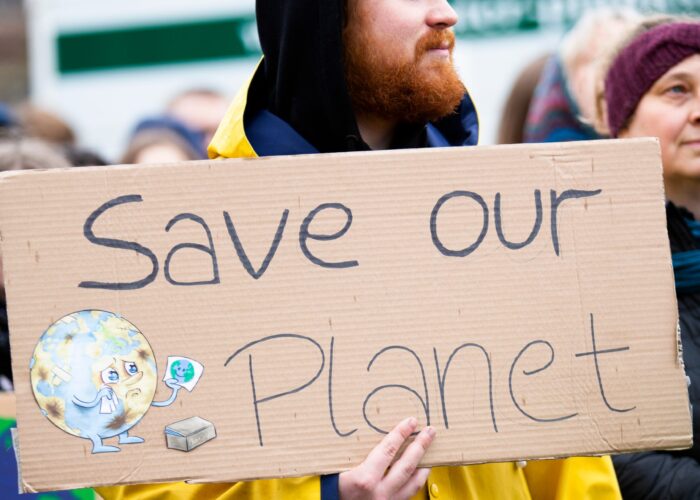
For the past few months, our beloved mother Earth has suffered a lot. From the massive bushfire in Australia, killing ⅓ of koalas to the pandemic outbreak of Novel Coronavirus (Covid19), killing 54, 229 people (to date) globally.
Although there is nothing much we can do to prevent it, we as the citizens of Earth can at least contribute something to take care of this planet with the 5 ways below.
5 Ways To Save Our Earth
1. Drive Less, Commute More

Research has shown that due to the Corona lockdown around the world, air pollution has dropped significantly. Professor James Lee from the York University and the National Centre for Atmospheric Science stated “The air is definitely much happier now”. Study showed that nitrogen dioxide levels in many UK cities have greatly reduced because many people stay at home and do not go outside and drive. Therefore, we can take this as a great lesson to start to use public transportation to universities or working places to help in reducing air pollution and save our beloved Earth.
2. 3R - Reduce, Reuse and Recycle
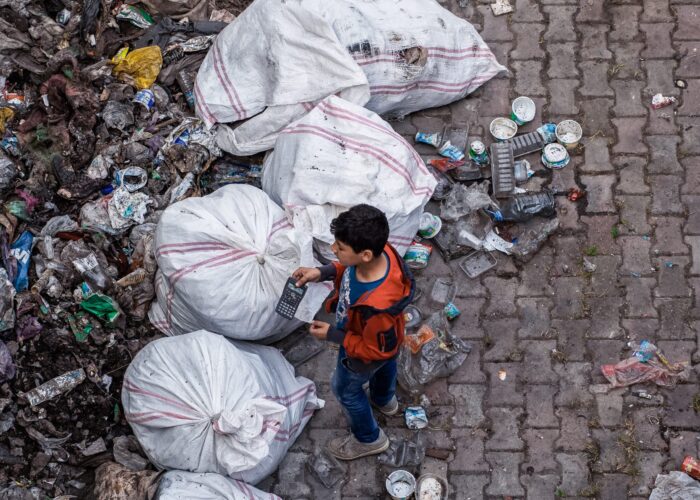
This famous slogan should be practised. Sadly, not many people make this catchy slogan as their way of life. According to World Waste Facts, every year human dump a massive 2.12 billions tons of waste #CRAZY We, the millennial generations need to be united and combat this issue. We must practise 3Rs and make it as our routine in life for the sake of our mother Earth.
3. Volunteer
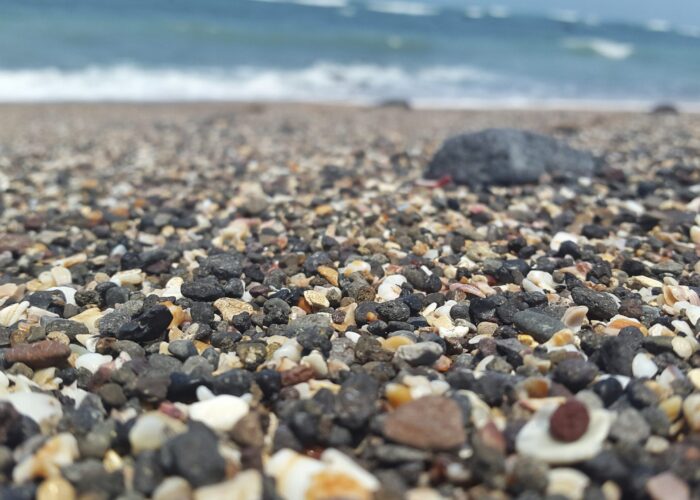
Volunteer to the local community to start cleaning the public park, playground or even the beaches. If there is no community to volunteer, start one as soon as possible. Let us pick up all the rubbish and waste that is destroying the beauty of our beaches. Our beaches need us!
4. Shop wisely

It takes 1000 years to decompose one plastic bag. With more than 7 billions people living on this planet and if all of us use one plastic bag in just one day, how many years will it take to decompose all those bags? The answer will be billions of years! Consequently, we must use paper bags or biodegradable plastic bags as it is more environmentally friendly.
5. Education

The famous saying goes, “Give a man a fish and you feed him for a day, teach a man to fish and you feed him for a lifetime”. Education is a powerful tool that can determine the future of our mother Earth. Therefore, it is best for us to be educated on how to help our Earth so not only it can save this planet for a long time but we are able to pass down the knowledge to our future generations too.That is why more and more universities in Australia offer Sustainable Development course and courses that related to environment because they know the importance of knowledge to safeguard our one and only planet. Therefore, students that are motivated to care about our planet, I have a few Australian university recommendations that offer courses related to environment and sustainable development.
With these 5 ways, we are able to contribute back to our planet and do our part as the citizens of Earth.
What is Sustainable Development?
Sustainable Development according to Brundtland Report is “Sustainable development is development that meets the needs of the present without compromising the ability of future generations to meet their own needs.”
Oftenly, development is driven by one particular need, without fully considering the wider and future impacts. This approach has damaged and changed our global climate. The longer we continue unsustainable development, the more severe its consequences are likely to become.
However, the focus of sustainable development is not just about the environment. It is also about ensuring a strong, healthy and just society. This can be done by meeting the diverse needs of all people in existing and future communities, promoting personal wellbeing, social cohesion and creating equal opportunity.
We need to preserve our Earth, natural resources and her people for our future generations.
What are Sustainable Development Goals?

There are 17 Sustainable Development Goals that all United Nations members are working to achieve by 2030. These goals provide a shared blueprint for peace and prosperity for people and the planet Earth, now and into the future. Our part is to help even in our smallest contribution to make these goals a reality.
The goals are:
- No Poverty
- Zero Hunger
- Good Health and Well-being
- Quality Education
- Gender Equality
- Clean Water and Sanitation
- Affordable and Clean Energy
- Decent Work and Economic Growth
- Industry, Innovation and Infrastructure
- Reducing Inequality
- Sustainable Cities and Communities
- Responsible Consumption and Production
- Climate Action
- Life Below Water
- Life On Land
- Peace, Justice and Strong Institution
- Partnerships for the Goals
Watch this animation video as it tells you everything that you need to know about Sustainable Development:
Top Universities to Study Sustainable Development Degree in Australia
The University of Queensland
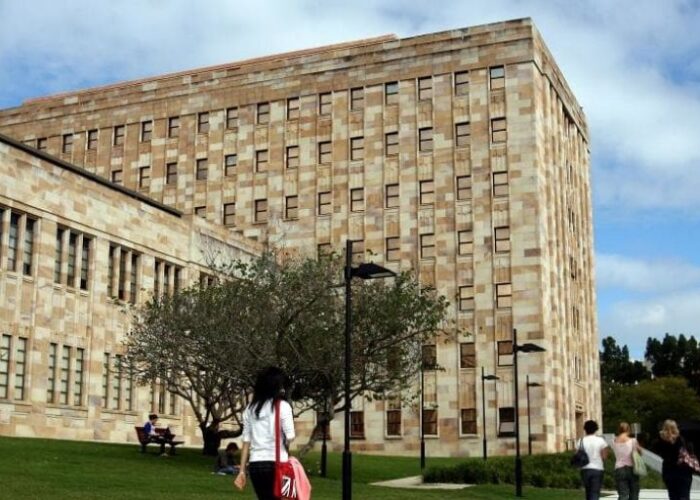
Number 1 in Australia and 14 in the world for Environmental Science according to QS World University Rankings by Subject 2020 Students will understand the effect of climate change and be ready to plan strategies to improve sustainability, manage ecosystems, preserve global diversity and secure clean water and food. You will also combine your scientific skills with knowledge of the legal, political and social aspects of environmental management and undertake extensive research to become a skilled environmental scientist.
Program | Bachelor of Environmental Science |
Intake | February & July |
Entry Requirement | English: IELTS 6.5 A Level: 12 STPM: 10.33 UEC: 16 |
Annual Indicative Fees | AUD$ 43,504 |
For enquiries on other equivalent entry requirements that are not listed above, contact us 😃
Australian National University (ANU)

The 2nd best university in Australia and ranked 21st globally, according to QS World University Rankings by Subject 2020: Environmental Sciences. The degree offered by ANU is a contemporary degree, covering environmental science, policy and social sciences, allowing students to address the complex challenges of sustainability by giving you a wide environmental education. Below is the details:
Program | Bachelor of Environment and Sustainability |
Intake | January & June |
Entry Requirement | English: IELTS 6.5 ATAR: 80 |
Annual Indicative Fees | AUD$ 45,864 |
Contact us to find out more whether your qualification is equivalent to ATAR 80 😃
University Of New South Wales (UNSW)
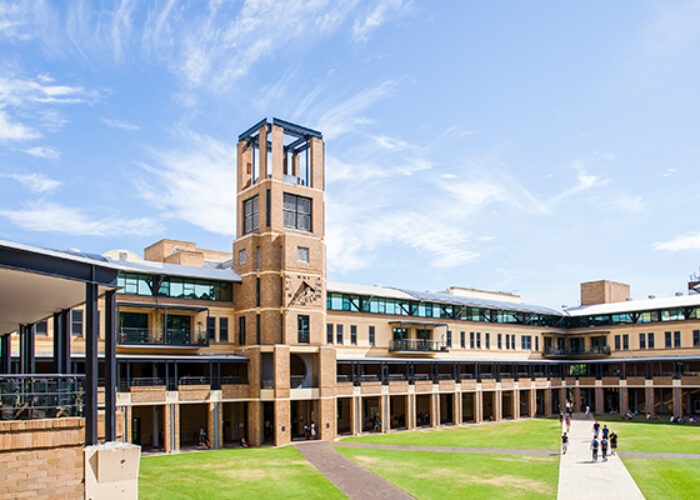
4th in Australia and 23rd in the world according to QS World University Rankings by Subject 2020: Environmental Sciences. This degree will teach students how human activity impacts our planet and a thorough understanding of Environmental Science. Not only that, you will also learn how it relates to regulation, economic and social dimensions,policy and management of the environment. You will be able to help shape policy and environmental regulations to create sustainable solutions.
Program | Bachelor of Environmental Management |
Intake | February & September |
Entry Requirement | English: IELTS 7.0 A-Level: 10 STPM: 8 UEC: 2 |
Annual Indicative Fees | AUD$ 47,760 |
For enquiries on other equivalent entry requirements that are not listed above, contact us 😃
James Cook University
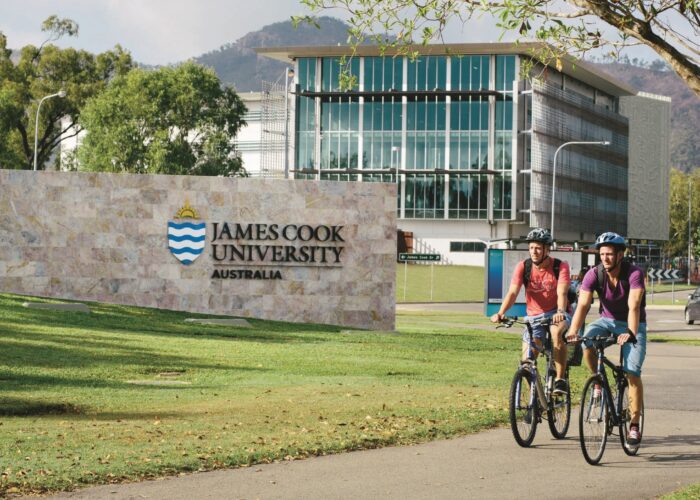
Ranked 5th in Australia and top 100 in the world according to QS World University Rankings by Subject 2020: Environmental Sciences. This degree will allow students to integrate and apply theoretical and technical knowledge of business and environmental science. You will also be able to apply in-depth knowledge of sustainability principles in tropical contexts. Next, you will learn how to evaluate the role and relevance of environmental science in local, regional and international business practice and society.
Program | Bachelor of Business and Environmental Science |
Intake | February & July |
Entry Requirement | English: IELTS 6.0 A Level: 9 STPM: 8.66 |
Annual Indicative Fees | AUD$ 34,480 |
For enquiries on other equivalent entry requirements that are not listed above, contact us 😃
University Of Adelaide
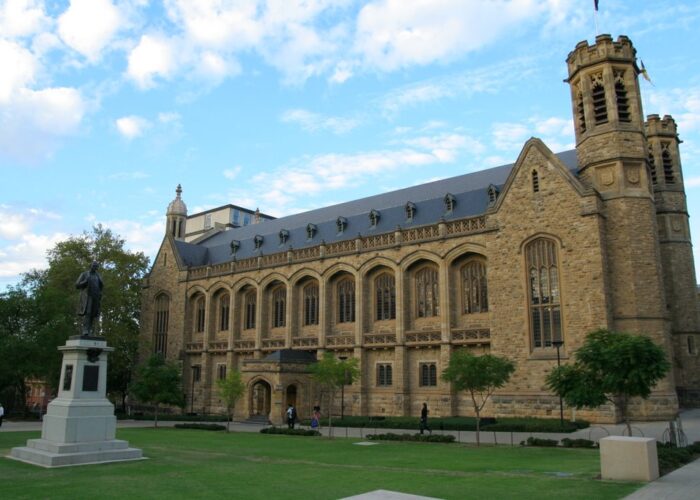
QS World University Rankings by Subject 2020: Environmental Sciences ranked this university 7th in Australia and top 100 globally. Students will research how humans affect natural environments, explore approaches to conservation and sustainability. You will also create policy and plans for managing environmental problems. Next, you will learn about climate change, biodiversity, population growth and resource scarcity. University of Adelaide offers travel opportunities to students where you will tackle real-life problems in vulnerable communities.
Program | Bachelor of Environmental Policy and Management |
Intake | February & July |
Entry Requirement | English: IELTS 6.5 A Level: 6 STPM: 2.67 UEC: 25 |
Annual Indicative Fees | AUD$ 39,500 |
For enquiries on other equivalent entry requirements that are not listed above, contact us 😃
Griffith University
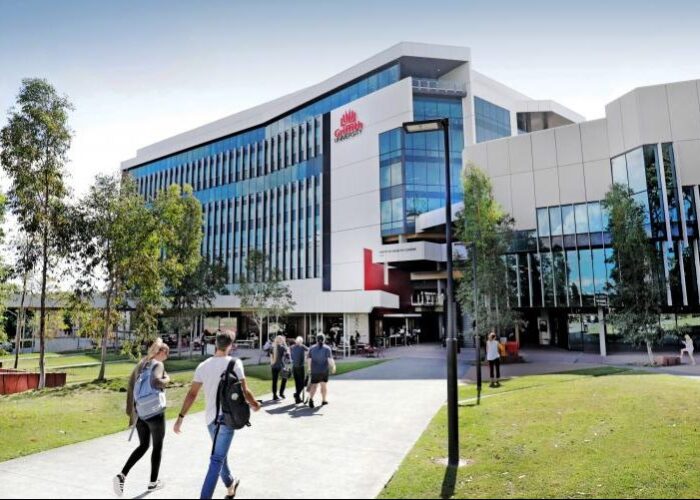
10th in Australia and top 150 globally according to QS World University Rankings by Subject 2020: Environmental Sciences. Students will develop an understanding of urban planning and environmental science issues. You will also learn about planning-related issues on land use and regional growth management, transport planning and community development. Next, you will learn about environmental issues of land and water management, ecology, conservation biology and pollution. In the final year, you will undertake an industry placement and work with a professional planning practitioner.
Program | Bachelor of Urban and Environmental Planning |
Intake | February & June |
Entry Requirement | English: IELTS 6.5 A Level/STPM: 6 UEC: 14 |
Annual Indicative Fees | AUD$ 31,000 |
For enquiries on other equivalent entry requirements that are not listed above, contact us 😃
University Of Technology Sydney (UTS)

QS World University Rankings by Subject 2020: Environmental Sciences ranked UTS 11th in Australia and top 150 globally. This degree is focusing on the foundation components of the natural systems, how these systems work and how detrimental impacts on them can be assessed and recovered. You will also be actively engaged in research solutions to environmental problems such as climate change and sustainability.
Program | Bachelor of Environmental Biology |
Intake | March & July |
Entry Requirement | English: IELTS 6.5 A-Level: 9 STPM: 3 subjects |
Annual Indicative Fees | AUD$ 39,552 |
For enquiries on other equivalent entry requirements that are not listed above, contact us 😃
University Of Tasmania (UTAS)
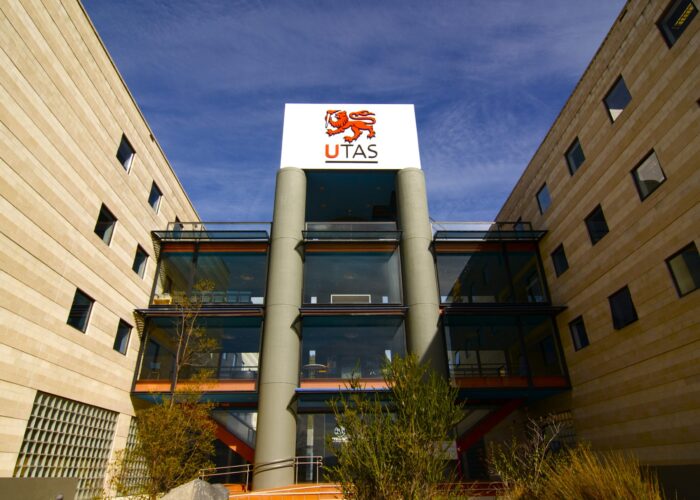
QS World University Rankings by Subject 2020: Environmental Sciences ranked UTAS 16th in Australia and top 200 in the world. This degree combines studies in Environmental Policy and Managements with Geography, Biology, Chemistry and Ecology . Next, it prepares students for careers which educate, guide, manage and support their future employers in the pursuit of sustainability and understanding in environmental and management.
Program | Bachelor of Applied Science (Environmental Science) |
Intake | January & July |
Entry Requirement | English: IELTS 6.0 A-Level/ STPM: 7 UEC: 25 |
Annual Indicative Fees | AUD$ 33,950 |
For enquiries on other equivalent entry requirements that are not listed above, contact us 😃
Western Sydney University

23rd in Australia and top 350 in the world according to QS World University Rankings by Subject 2020: Environmental Sciences. Students will be equipped for you to explore interconnections between food security, agriculture and the environment, social stability, health, plants and animals and the sustainable use of resources. You will view plant and animal production from consumer contexts to explore personal and community perceptions about food sustainability.
Program | Bachelor of Sustainable Agriculture and Food Security |
Intake | March & July |
Entry Requirement | English: IELTS 6.5 A-Level: 6 STPM: 4 |
Annual Indicative Fees | AUD$ 30,480 |
For enquiries on other equivalent entry requirements that are not listed above, contact us 😃
Edith Cowan University (ECU)
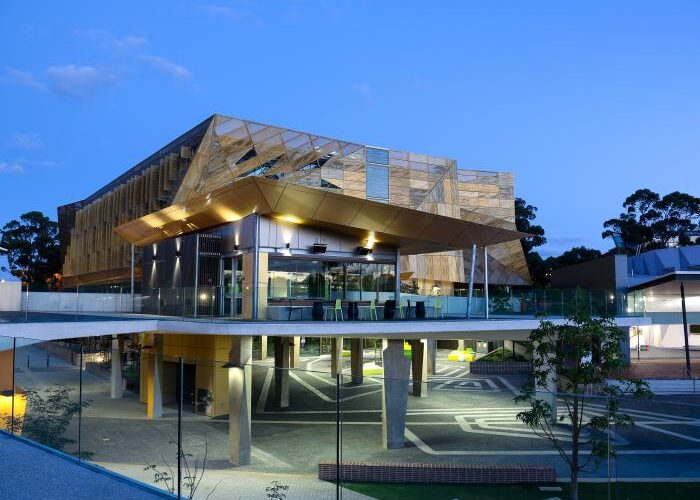
31st in Australia and top 700 in the world according to QS World University Rankings 2020. Students will address sustainability research questions by identifying, synthesising and applying appropriate knowledge and methods from different sources. You will also communicate with diverse groups in various sustainability contexts using written, oral, visual and digital means. Upon graduation, you are able to think critically and creatively in designing and evaluating sustainable alternatives and envisioning sustainable futures.
Program | Bachelor of Sustainability |
Intake | February & July |
Entry Requirement | English: IELTS 6.0 A-Level: 5 STPM: 2.0 UEC: Average of B4 |
Annual Indicative Fees | AUD$ 33,150 |
For enquiries on other equivalent entry requirements that are not listed above, contact us 😃
Did you find this helpful? If so Give us some Feedback! We are always finding news ways to improve. If you want to know more or ask us a question, please feel free to contact us any time!
Contact us to find out more
International Student enquiries:
Phone:+60182414802
Email: [email protected]
For more stories like this, join the Excel Education community on Facebook
Need help with your uni application? Connect with us here

Stephanie Calamba
Part time ACCA student, part time content writer but full time child of God.

